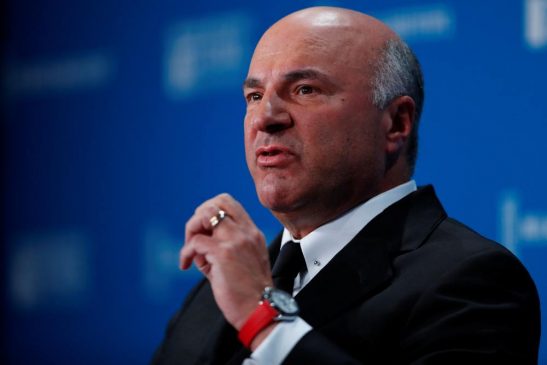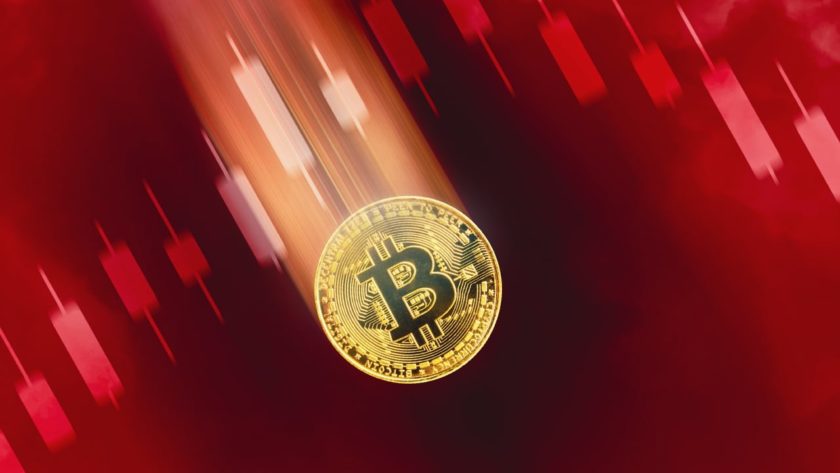Earlier this year, Kevin O’Leary said that Bitcoin is “useless,” just the latest in a series of attacks launched at the suddenly-resurgent cryptocurrency.
At one point, the “Shark Tank” investor said that Bitcoin has no real value because governments won’t let him pay taxes with it.
Now, people on social media have surfaced a six-year-old video of O’Leary defending Bitcoin on Canadian news channel CBC.
Kevin O’Leary in 2013: Bitcoin Is “Here To Stay”
Whether or not a currency is legitimate is ultimately determined by an institution like a government, in O’Leary’s view. Governments have no issue seizing and liquidating cryptocurrency, the same way it will with cash or valuables acquired through criminal enterprise.
O’Leary has invested in cryptocurrency companies like Bundil, where he dropped $100,000. Bundil is an app similar to Lawnmower, that allows the user to get crypto through the leftover change from their spending habits.
Altcoin Daily broke this story:
In the 2013 interview with Canadian media, O’Leary spoke highly of Bitcoin, even as it had tanked overnight, shedding 60%.
O’Leary said:
“Let’s remember that until yesterday, most people around the world had never heard of Bitcoin. […] This is a proxy for the mistrust individuals have of central bankers. […] People all around the world are saying ‘I’ve had it with my central banker.’ […]”
“I ignore everything until it gets to $1 billion in market cap. That happened recently with Bitcoin. Well over a billion in value. So it’s here to stay.”
This is how O’Leary apparently used to feel about Bitcoin.
2019: Bitcoin Is “Useless”
Today, he’s not so excited. In May 2019 he can be quoted as saying calling Bitcoin “useless.”
O’Leary’s criticism of Bitcoin mainly surrounds its “lack of legitimacy” and the market risks implied in accepting it.
By calling BTC garbage, O’Leary is saying you might as well as try to pay with garbage – something people will not accept.
Many in the Bitcoin community do not view BTC acceptance as a motivating factor. The cryptocurrency functions as a store of value to many – “digital gold.”




